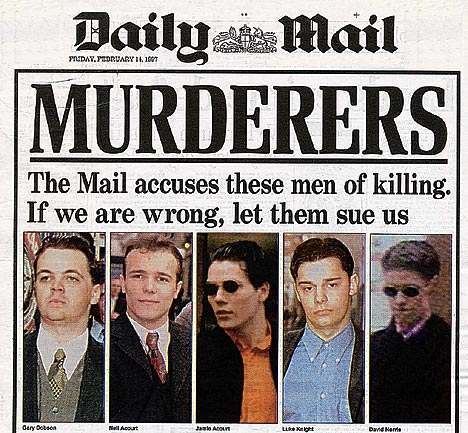The printing of naked photos of Prince Harry by The Sun exposed nothing very interesting about the prince but it did dislodge some very muddled thinking about the future of newspapers.
The short-term future for newspaper editors is dominated by the Leveson Inquiry, due to report in the autumn. The Inquiry’s chairman has been sending provisional summaries of his views to editors and they don’t like what they read, claiming that it hints at statute-backed press regulation. The government sounds wary. The opposition Labour Party is sitting on the fence on that issue, preparing to jump off on whatever side will cause the government most trouble, while keeping as much attention as they can muster on the issue of media plurality and ownership. These are all pre-publication manoeuvres. Nobody yet knows what Leveson thinks and positions will be amended or even abandoned when his views become clear.
The Prince Harry pictures gave editors a chance to rehearse their defences, which came in two varieties. The first is a broad press freedom argument which asks for licence to disclose anything which they deem interesting and which is within the law (and maybe a few things which aren’t). As a defence in court – prosecutions of News of the World journalists for phone-hacking and related offences are churning through the system in parallel to the Leveson Inquiry – this is unlikely to work (see this from the HuffPo by one of those arrested). We might christen this the “spacious elbow room” argument; popular papers need space to do what they do and to survive. A tincture of anti-establishment language is usually thrown in. Hence the ex-editor of The Sun, Kelvin MacKenzie:
“I’m unsure why the establishment hate newspapers so much but what I’d like to see is editors get off their knees and start pushing back against these curtailments in what will eventually, I promise you, lead to the closure of newspapers”.





